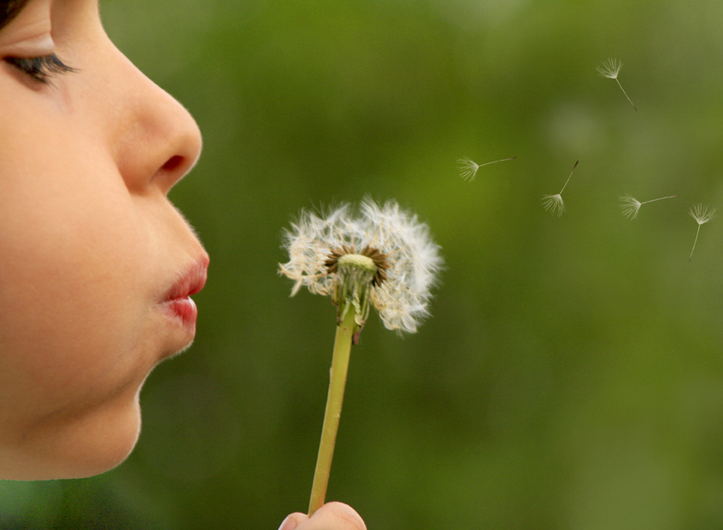Mindful Decluttering: Your Stuff, Their Stuff, Our Stuff
by Pam Holland | May 2, 2016

You know by now that more stuff does not equal more happiness. And yet our stuff does profoundly affect our happiness.
Every single item in your life affects you, your happiness, health, and productivity—either consciously or subconsciously. Excess stuff (clutter) weighs you down, holds you back, and can prevent you from reaching your highest potential. As clutter accumulates, energy stagnates. As energy stagnates, more clutter accumulates. This is why sometimes even thinking of clearing clutter can make you feel tired or overwhelmed!
Most Americans live very full and busy lives. Tackling the excess stuff in our lives can take a back seat to more time-sensitive matters like work deadlines or children's activities and can become a low priority.
Yet we know that our stuff has an impact on our energy—and on our finances. James Wallman, in his book Stuffocation, highlights research that found that once we have enough to meet our basic needs, happiness related to material goods flatlines. Today, most American homes are three times bigger than they were just 50 years ago. Despite this, the personal storage business has soared to $22 billion annually! Suze Orman estimates that families spend over $1,400 on storage units every year.
These invisible, yet very real, connections to our things can lift our spirits or bring us down. You may feel intuitively that the clutter and disorganization in your life is holding you back. We may attempt to “tune it out” by hiding clutter in sleek boxes or attics. But our energetic connection to things has an effect whether items are visible or not.
The mental weight of our stuff in storage (or in our cars!) has an impact. One of my beloved clients hid a stack of books and papers under a gorgeous silk cloth for years. After we found new homes for this collection, she looked at “before” pictures and exclaimed, “did I really live like that?”
Whose stuff is weighing you down?
Our own stuff is enough to contend with. But what if you are the custodian of objects that are not even yours? Let’s say you are a conscious consumer and have successfully tuned out the barrage of advertising that bombards us daily. You may have inherited belongings from family members, be the guardians of your children’s stuff, or find yourself sharing space with others in your household who are not so mindful in their acquisition habits.
Inherited Stuff
When you inherit possessions, you no doubt wish to be a good steward of those items that have been passed down to you. This may lead you to hold onto stuff that you don’t love and that clutters your space. If you feel conflicted, think about the person from whom you inherited these items. It is likely that person would not want you to feel burdened or weighed down by their stuff. You might honor the donor by selling the items and donating the proceeds to a cause that they would have supported.
Others’ Stuff
The best way to support other household members in making positive change is to lead by example. Examine your habits and identify one you can change that will positively affect the clutter around you. It is important to notice your habits with compassion and without judgment, and to be kind to yourself as you work to master new habits. For more on addressing challenges with others in your household, see my publication, All In the Family: Clutter and Your Primary Relationships.
Pam Holland is the founder and president of Mindful Decluttering & Organizing, offering tools and resources to assist people on their journey to a clutter-free life. For monthly tips for keeping your world clutter-free and joyful, you can sign up for their email updates. You can also find them on Facebook, Twitter, and their blog.

